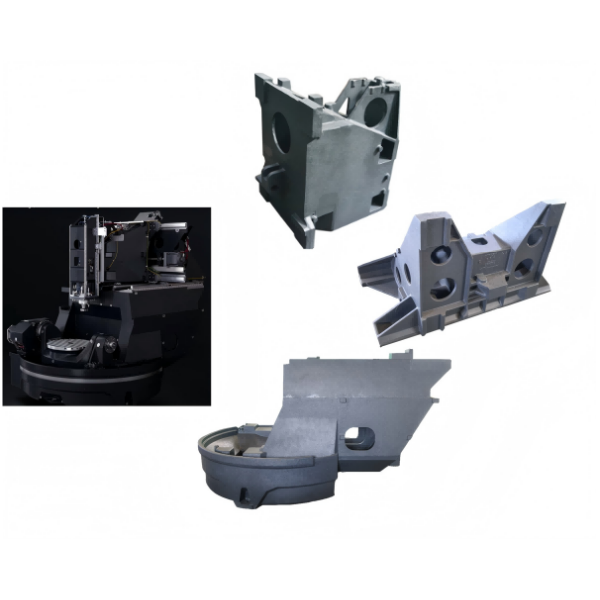Revolutionizing Travel: Unveiling the Future of Exploration through Cutting-Edge Technologies
In an era of rapid technological advancements, it is inevitable that the travel industry will undergo a transformation. New technologies are set to revolutionize the way we explore the world, making travel faster, safer, and more immersive than ever before. This article delves into the potential changes that future travel may witness, driven by innovative technologies that are reshaping the industry.
- Hyperloop: Redefining Speed and Connectivity
Imagine traveling at speeds exceeding 700 miles per hour, seamlessly connecting cities and countries in a matter of minutes. The Hyperloop, a futuristic transportation concept, promises to make this a reality. Utilizing magnetic levitation and low-pressure tubes, this mode of transport could drastically reduce travel times, opening up a world of possibilities for both business and leisure travelers. - Autonomous Vehicles: Enhancing Safety and Convenience
Self-driving cars and buses are poised to transform the way we navigate within cities and explore new destinations. With advanced sensors, artificial intelligence, and machine learning algorithms, these vehicles offer increased safety and efficiency. Travelers can sit back and relax while enjoying the scenery, as the vehicle autonomously handles the journey, reducing the risk of accidents and optimizing traffic flow. - Virtual Reality (VR) and Augmented Reality (AR): Immersive Travel Experiences
VR and AR technologies have the potential to transport travelers to distant lands without leaving their homes. Through VR headsets, users can explore virtual replicas of famous landmarks, immerse themselves in different cultures, and even experience extreme adventures. AR, on the other hand, overlays digital information onto the real world, providing interactive travel guides, language translations, and historical insights, enhancing the overall travel experience. - Blockchain: Revolutionizing Travel Bookings and Security
Blockchain technology has the power to streamline travel bookings, ensuring transparency, security, and efficiency. By eliminating intermediaries, travelers can book flights, accommodations, and activities directly, reducing costs and minimizing the risk of fraud. Additionally, blockchain's decentralized nature enhances data security, protecting personal information and preventing identity theft. - Artificial Intelligence (AI) and Machine Learning: Personalized Travel Assistance
AI-powered virtual assistants are becoming increasingly prevalent in the travel industry. These intelligent chatbots can provide personalized recommendations, suggest itineraries based on individual preferences, and even handle customer service inquiries. Machine learning algorithms enable these assistants to continuously improve their understanding of travelers' needs, making each trip a tailored and memorable experience.
Conclusion:
The future of travel is poised to be transformed by a myriad of cutting-edge technologies. From high-speed transportation systems like the Hyperloop to immersive experiences through VR and AR, the possibilities are endless. As these technologies continue to evolve, the travel industry will witness a paradigm shift, offering travelers unprecedented convenience, safety, and personalization. Embracing these advancements will undoubtedly redefine the way we explore the world, making travel an even more enriching and accessible experience for all.



